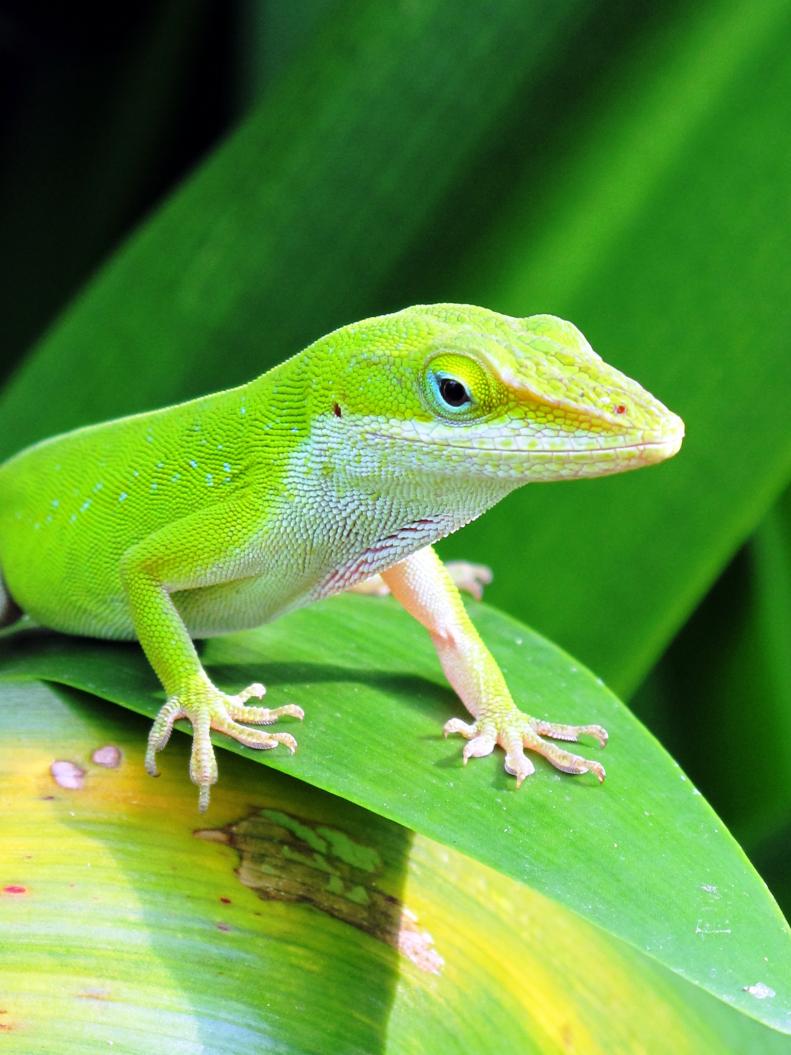1 / 17
Photo: Photo by Felder Rushing
Good Garden Reptile
There are several very beneficial reptiles that will help rid your garden of countless pests - if you can learn to garden alongside them!









